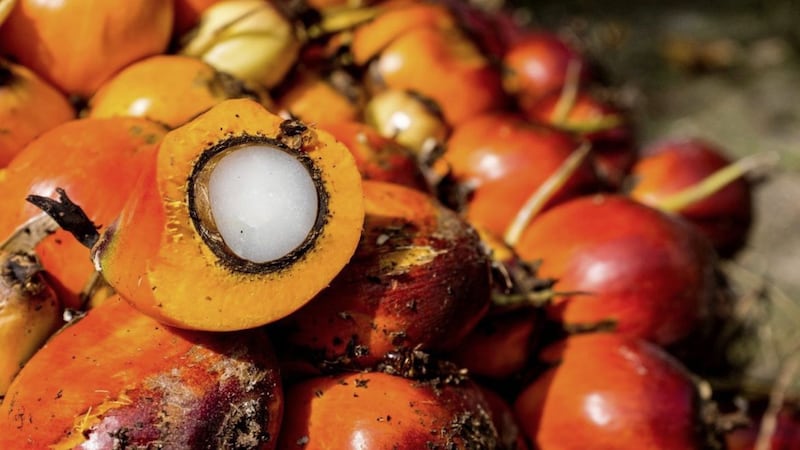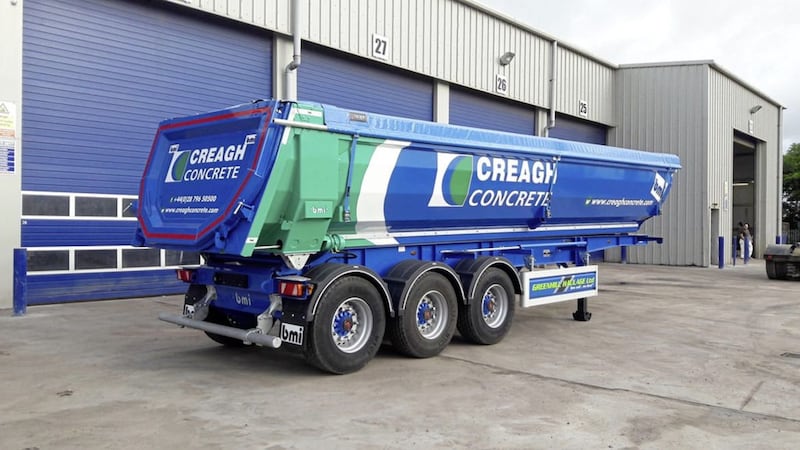WITH major changes to customer needs and technology, organisations of all kinds are using marketing to leverage change.
This month, I wanted to look back at key campaigns of the last 12 months that examine how marketing will continue to develop in the future, and how marketers can engineer change with effective campaigns.
:: Last orders for social media
JD Wetherspoon’s move to close all its social media accounts across Facebook, Twitter and Instagram made headlines in April. The pub chain’s decision comes at a time when many organisations are still scrambling to crack social media.
By sailing in totally the opposite direction, Wetherspoon has reinforced a contrarian view of the world, calculated to connect with its core customer base – few of whom, it would appear, use social media for interacting with the brand.
Indeed, with subsequent reports from the Facebook and Cambridge Analytica fall out suggesting young people are leaving social media platforms – or at least switching between them – brands will have to keep a close eye on social trends in the coming year, especially when deciding where to allocate spend.
:: Jack’s of all trade
When Britain’s biggest retailer launches a new ‘budget’ brand, marketers are obliged to sit up and pay attention. After being dogged with a number of bad news stories in the past few years, including the ‘horsemeat scandal’ and financial mismanagement, Tesco is attempting to reclaim the retail initiative.
With Jack’s, Tesco is directly taking on the budget chains, Lidl and Aldi, which have steadily eroded its core customer base. Some commentators have questioned the wisdom of trying to ‘out-Lidl Lidl,’ which has 20 years’ experience in the budget retail space.
Either way, high stakes brand innovation is being applied by the nation’s largest retailers – and marketers will do well to watch how these initiatives develop.
:: Ethical aspirations
Iceland has taken a different approach to broadening its customer appeal. Earlier this year, the retailer announced it would be removing all plastic packaging from its products, responding to growing global concerns regarding volumes of plastic waste.
Interestingly, environmental issues are not thought to be top-of-mind for the typical budget shopper, who is generally more interested in value. It signals an attempt to reach into the wealthier middle classes – a demographic more concerned with ethics – and also, possibly, younger shoppers.
Iceland doubled-down on this move – perhaps encouraged by the response to its plastic announcement – by promising to stop using palm oil (the production of which is linked to deforestation), in all its own-brand products by the end of 2018, a point mentioned at a CIM Food, Drink and Agriculture event at the House of Lords earlier this year.
These campaigns all combine traditional marketing professionalism with new ways of thinking about brand, directed by social and economic imperatives. Marketers in all sectors will be increasingly challenged to constantly meet customer needs, while keeping abreast of significant technological and social changes. In that way, marketing will always be listening to its customers while having its eyes on the future.
:: Chris Daly is chief executive of the Chartered Institute of Marketing (CIM)








